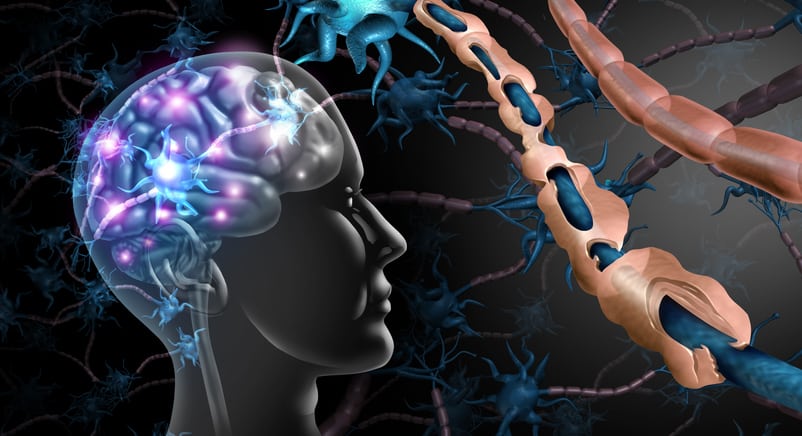Complement pathway over-activation has been implicated in a variety of neurological diseases. However, the signaling pathways governing astrocytic complement activation in Parkinson’s disease (PD) are poorly understood. Kir6.1, a pore-forming subunit of ATP-sensitive potassium (K-ATP) channel, is prominently expressed in astrocytes and exhibits anti-inflammatory effects. Therefore, we hypothesize that Kir6.1/K-ATP channel may regulate astrocytic complement activation in the pathogenesis of PD. In this study, astrocytic Kir6.1 knockout (KO) mice were used to examine the effect of astrocytic Kir6.1/K-ATP channel on astrocytic complement activation triggered by the lipopolysaccharide (LPS). Here, we found that astrocytic Kir6.1 KO mice showed more dopaminergic neuron loss and more astrocyte reactivity in substantia nigra compacta than controls. We also found that astrocytic Kir6.1 KO increased the expression of complement C3 in astrocytes in LPS-induced mouse model of PD. Mechanistically, astrocytic Kir6.1 KO promoted astroglial NF-κB activation to elicit extracellular release of C3, which in turn interacted with neuronal C3aR to induce neuron death. Blocking complement function by NF-κB inhibitor or C3aR antagonist rescued the aggravated neuron death induced by Kir6.1 KO. Collectively, our findings reveal that astrocytic Kir6.1/K-ATP channel prevents neurodegeneration in PD via astrocyte-neuron cross talk through NF-κB/C3/C3aR signaling and suggest that targeting astroglial Kir6.1/K-ATP channel-NF-κB-C3-neuronal C3aR signaling represents a novel therapeutic strategy for PD.Copyright © 2021 Elsevier Inc. All rights reserved.
Astrocytic Kir6.1 deletion aggravates neurodegeneration in the lipopolysaccharide-induced mouse model of Parkinson’s disease via astrocyte-neuron cross talk through complement C3-C3R signaling.


